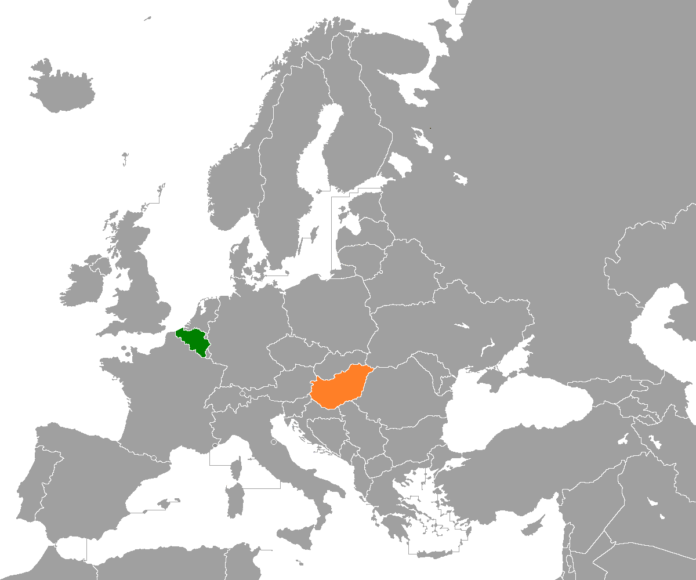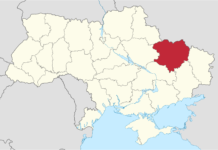In a provocative declaration earlier today, Hungary’s Prime Minister Viktor Orban expressed his readiness to lead a march to Brussels to instigate changes within the European Union (EU). This statement came amid various anti-government protests throughout Budapest, highlighting a growing tension between Orban’s administration and opposition factions within Hungary.
Orban, who has helmed the country for 14 years, conveyed these sentiments during a rally in Budapest commemorating Hungary’s national day. This day reflects on the 1848 revolution against the Habsburg monarchy, a pivotal moment in Hungary’s fight for autonomy and sovereignty. The Prime Minister’s speech, which resonated with about 1,000 of his supporters, suggested that the upcoming European Parliament elections presented an opportunity for Hungary to affirm its stance on freedom and sovereignty by taking decisive action in Brussels.
Orban’s tenure has been marked by continuous disagreements with other EU members over various policies, including his refusal to support Kyiv with arms amidst the Russian invasion of Ukraine in 2022. He criticized the EU for policies that, in his view, adversely affect farmers, the middle class, and businesses, while also accusing the Union of pushing Europe towards conflict.
Contrastingly, opposition parties organized rallies to voice their discontent with Orban’s government. Among the dissenters is Peter Magyar, a businessman previously aligned with Orban’s Fidesz party, who announced intentions to establish a new political party. Magyar’s critique of the EU acknowledged its flaws but emphasized the importance of Hungary’s membership in the Union, advocating for cooperation rather than confrontation.
Magyar’s critique extended to the nature of democracy itself, suggesting that life without it is possible, but far from desirable. He hinted at the potential for Orban’s regime to be democratically overturned, perhaps sooner than anticipated. According to a Median poll reported by HVG news weekly, Magyar’s political endeavors have garnered attention, with a significant portion of surveyed voters expressing potential support for his party.
Orban’s rhetoric about “occupying” Brussels starkly contrasts with the European spirit of unity and cooperation. His use of such language, particularly in the context of commemorating a revolution, underscores a deep-seated desire to assert Hungary’s autonomy against perceived EU overreach. This approach, however, raises questions about the implications for Hungary’s relationship with the EU, especially as Orban’s Fidesz party aims to leverage the rise in far-right support across Europe.
As Hungary prepares to assume the EU’s rotating presidency in the latter half of the year, Orban’s confrontational stance and the emerging opposition within the country signify a critical juncture. The coming months will likely illuminate the trajectory of Hungary’s political landscape and its position within the European Union.
Image is licensed under the Creative Commons Attribution-Share Alike 3.0 Unported license and was created by Groubani.
Orange = Hungary
Green = Brussels where Brussels is located










